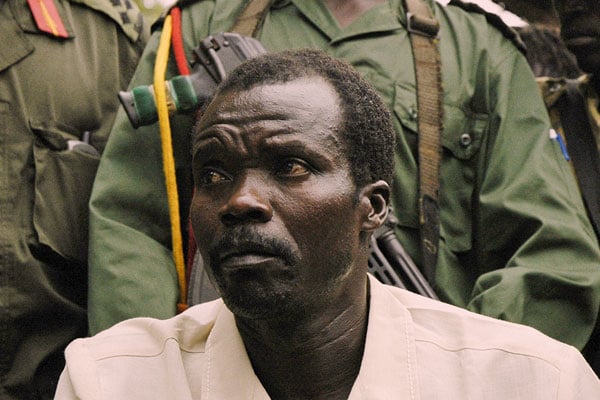How long do survivors have to wait?

What you need to know:
- Delaying the enactment only breeds suffering, hopelessness, among others, to the many survivors and/or victims waiting on the margins for justice to prevail holistically.
It’s now two months since Parliament sitting in Gulu City in the first regional parliamentary sessions pronounced itself on the National Transitional Justice Bill intended to enact a transitional justice law to operationalise the National Transitional Justice Policy (NTJP), granting leave for Hon Charles Onen to present a private members Bill within one month, and the Attorney General as well to respond.
With the recent sentencing of Thomas Kwoyelo in the International Crimes Division (ICD), what more do we need as a country to have a national framework or law that can provide direction for working with survivors and/or victims of these conflicts?
At what point shall we as a country eat the humble pie and Parliament for instance starts to see this as a critical legislation? Where did we depart as patriotic citizens from serving the interest of the people?
The stakes are really high, and it’s a high time we dealt with this once and for all.
The survivors and/or victims have had their share of the waiting and the providers of the interim reparative measures as well in the absences of the legal framework and associated financial contributions to the overall process.
Its particularly important to note that, the conclusion of the Dominic Ongwen and Thomas Kwoyello cases only continue to provide a complicated situation, particularly in as far as reparations is concern, and therefore an earlier solution saves us the burden of more confusion.
I want to implore the legislators and the Executive to reflect on the many lost opportunities in government programmes which would have otherwise been structured as a reparation package including the much treasured Parish Development Model (PDM) 2021-2026.
Its important to note that the survivor’s sense of justice is no longer situated in the court room judgements and sentencing, however rather in what translates to their abilities to cope with life challenges such as economic or livelihoods empowerment, psychosocial support services, medical care, education for family members etc.
Similarly, survivors only want a sense of what constitute a form of healing from all these interventions.
Therefore, shall these delays not only compound on the survivors continued sense of injustice? For how long do we expect them to continue waiting in vain.
It’s only timely now that we must move a step further and enact the TJ law so that we see the next hurdles ahead if any.
Delaying the enactment only breeds suffering, hopelessness, among others, to the many survivors and/or victims waiting on the margins for justice to prevail holistically.
What final piece of convincing is required to the powers that matter for the Bill or TJ law to come through?
The prayers of the survivors, CSOs and the policy drafters is that we recognise the urgency of implementing the NTJP and the need for legislation and a body devoted to its full-time implementation.
This will provide a legitimate point of reference for addressing all transitional justice-related matters, assign specific responsibilities to various actors to facilitate implementation and identify priority areas of action at multiple levels by different stakeholders.
Joel Innocent Odokonyero, Transitional Justice Practitioner and Ethnographer




